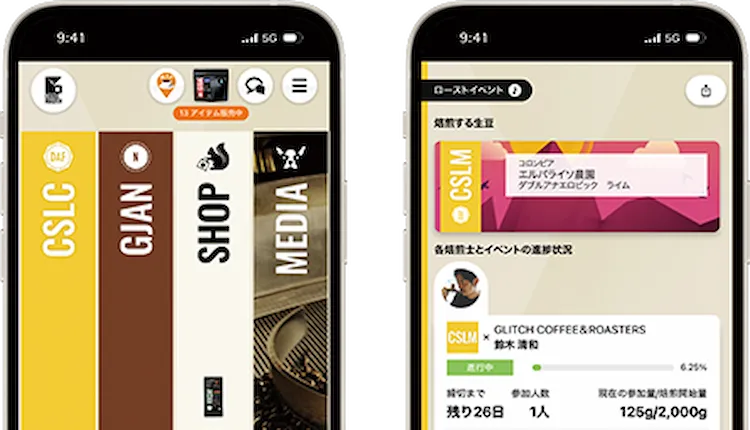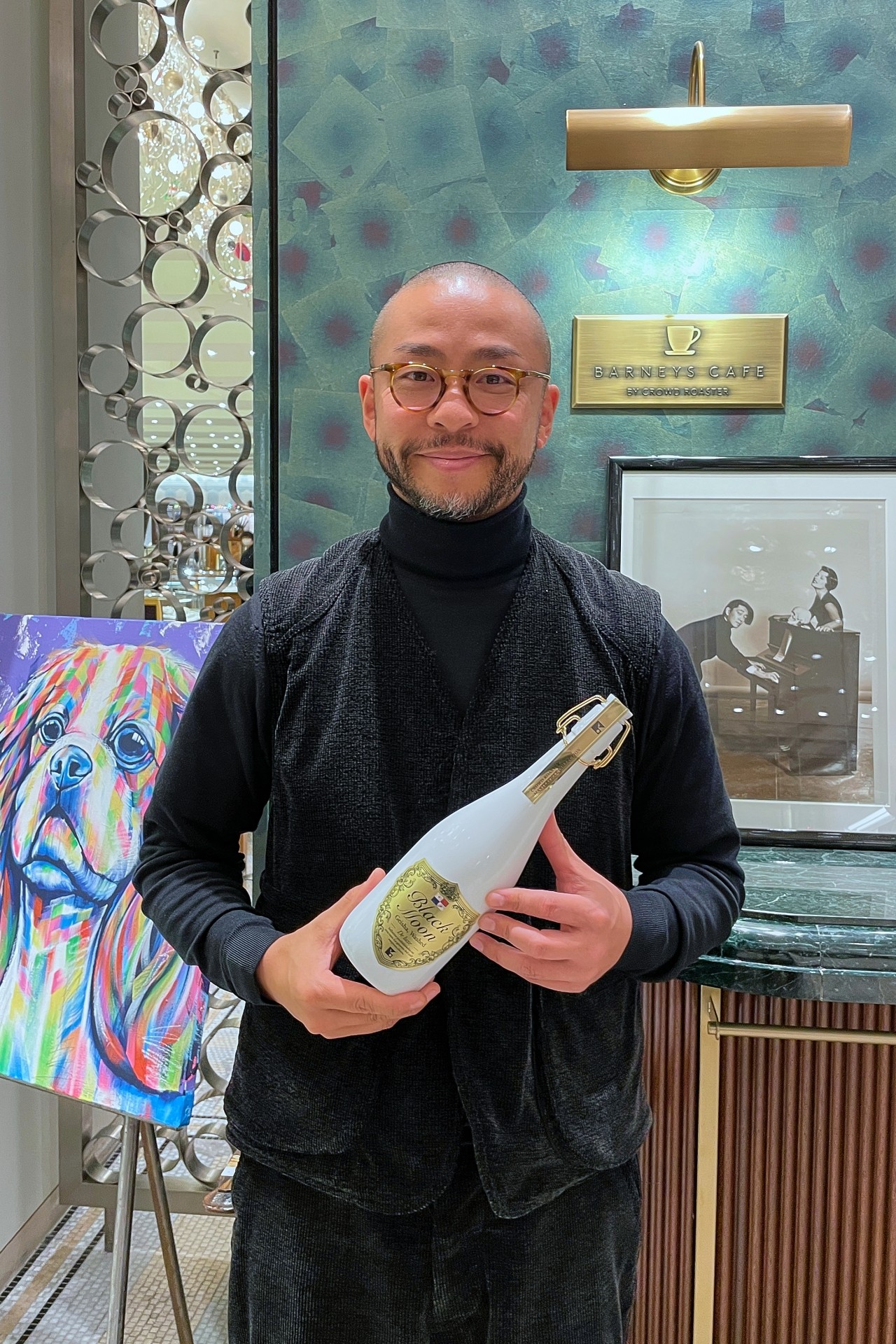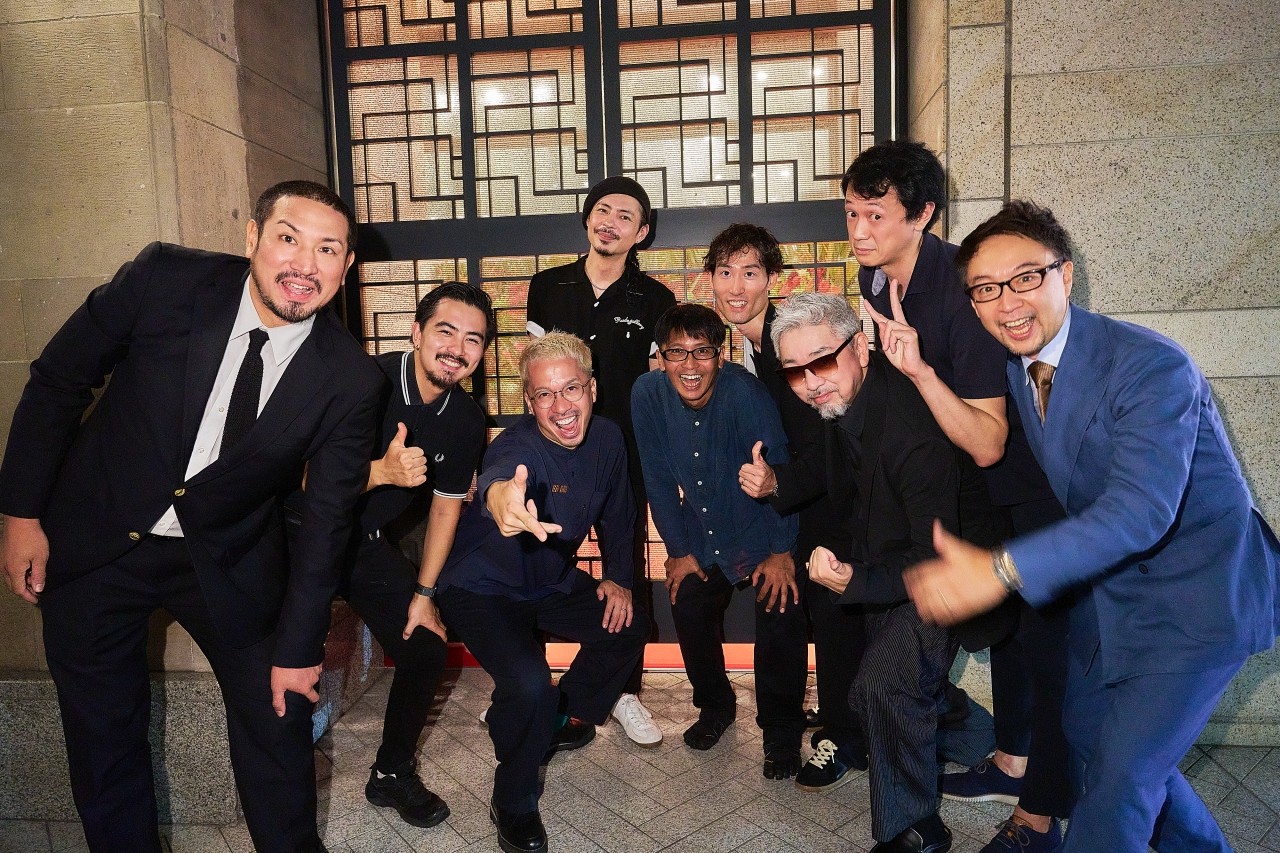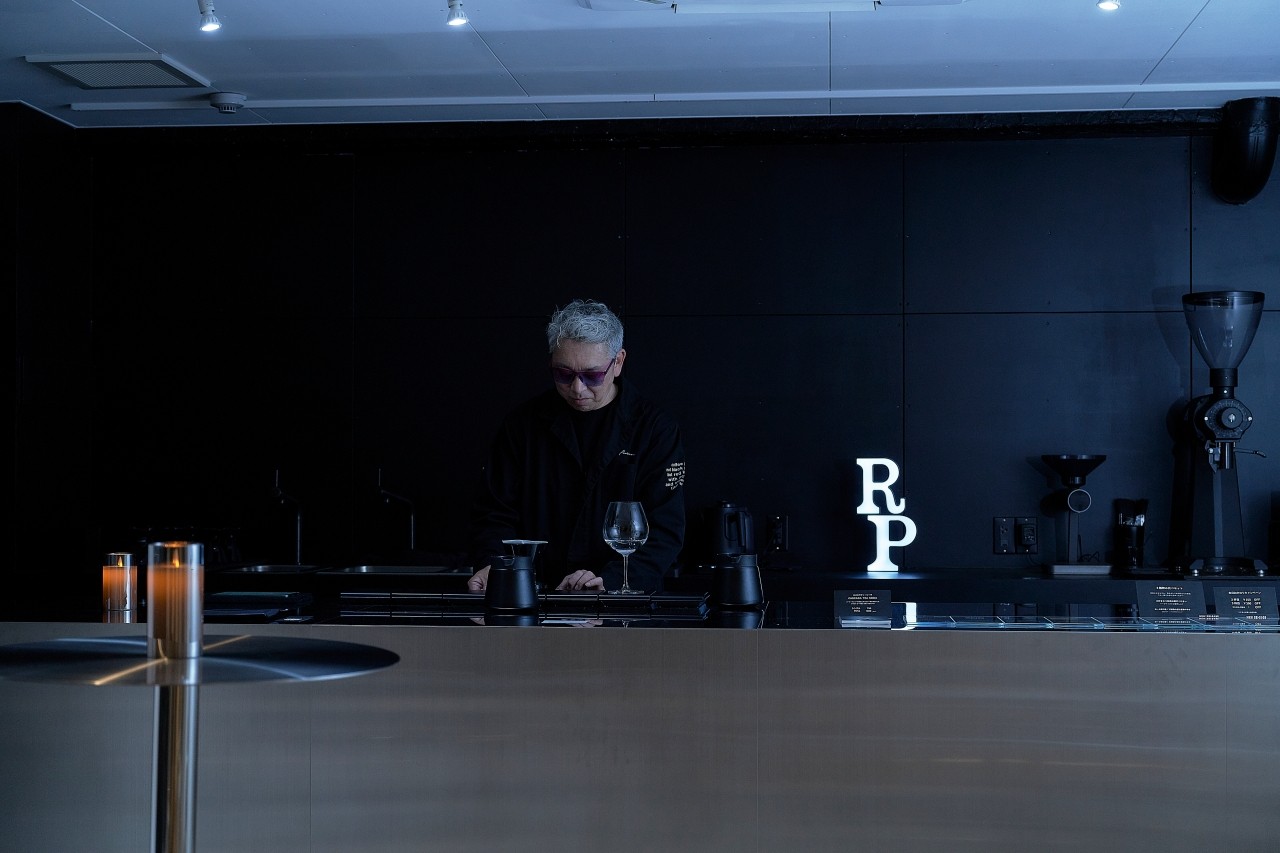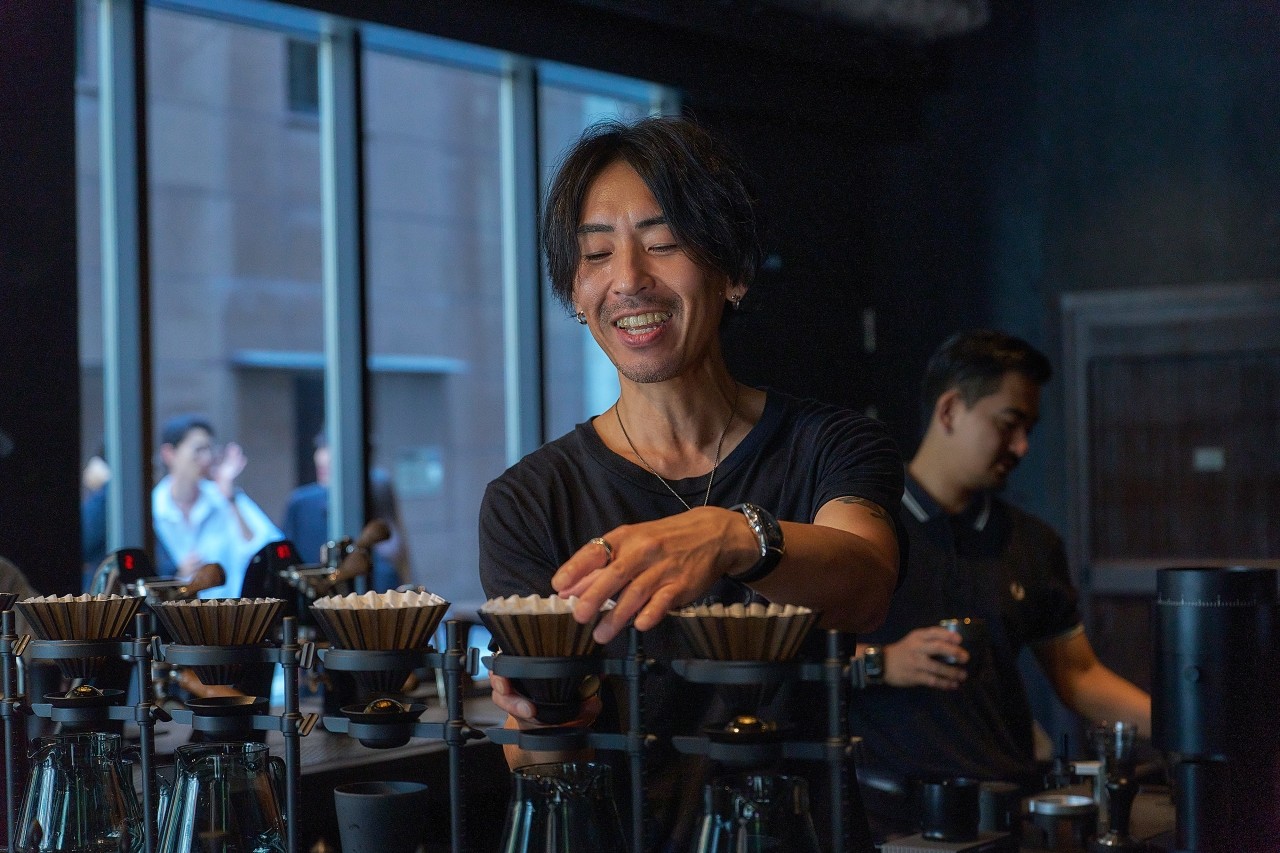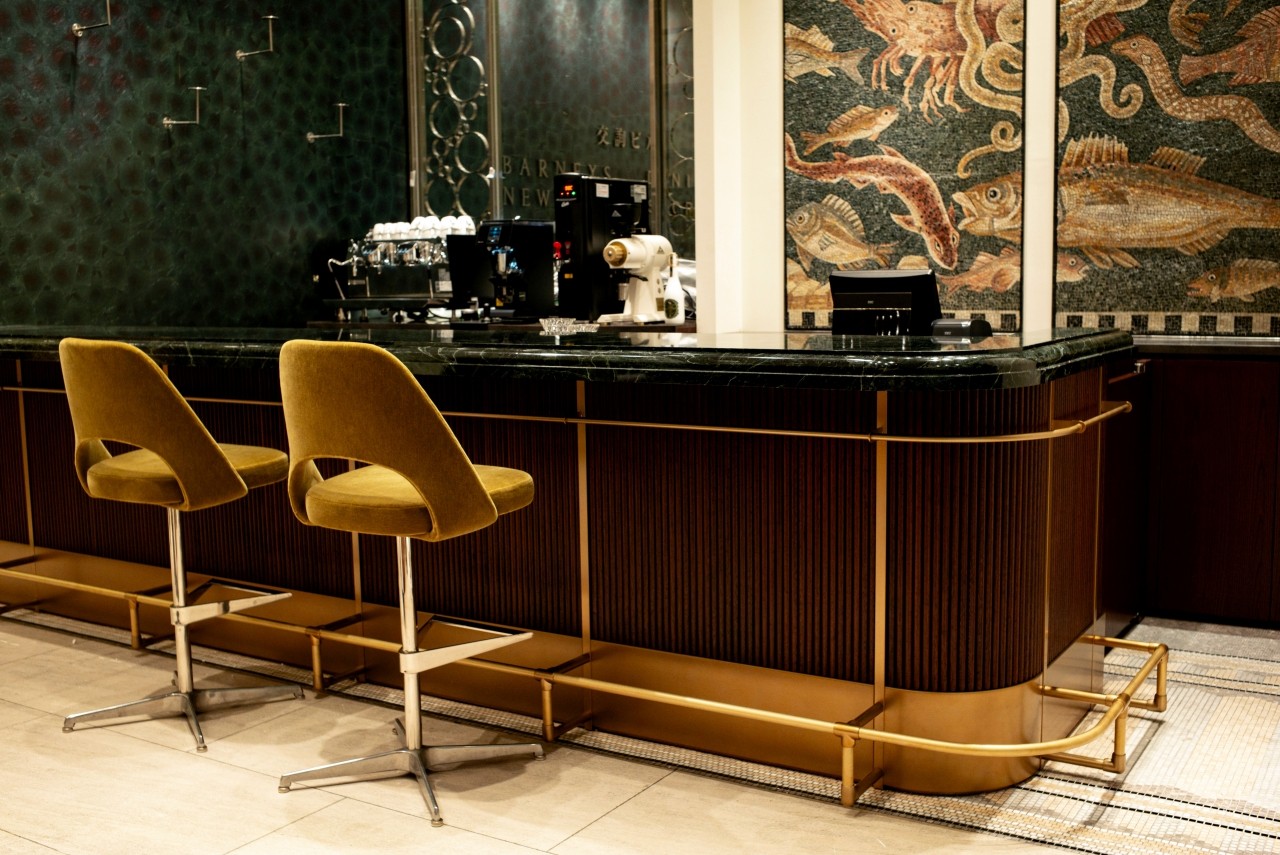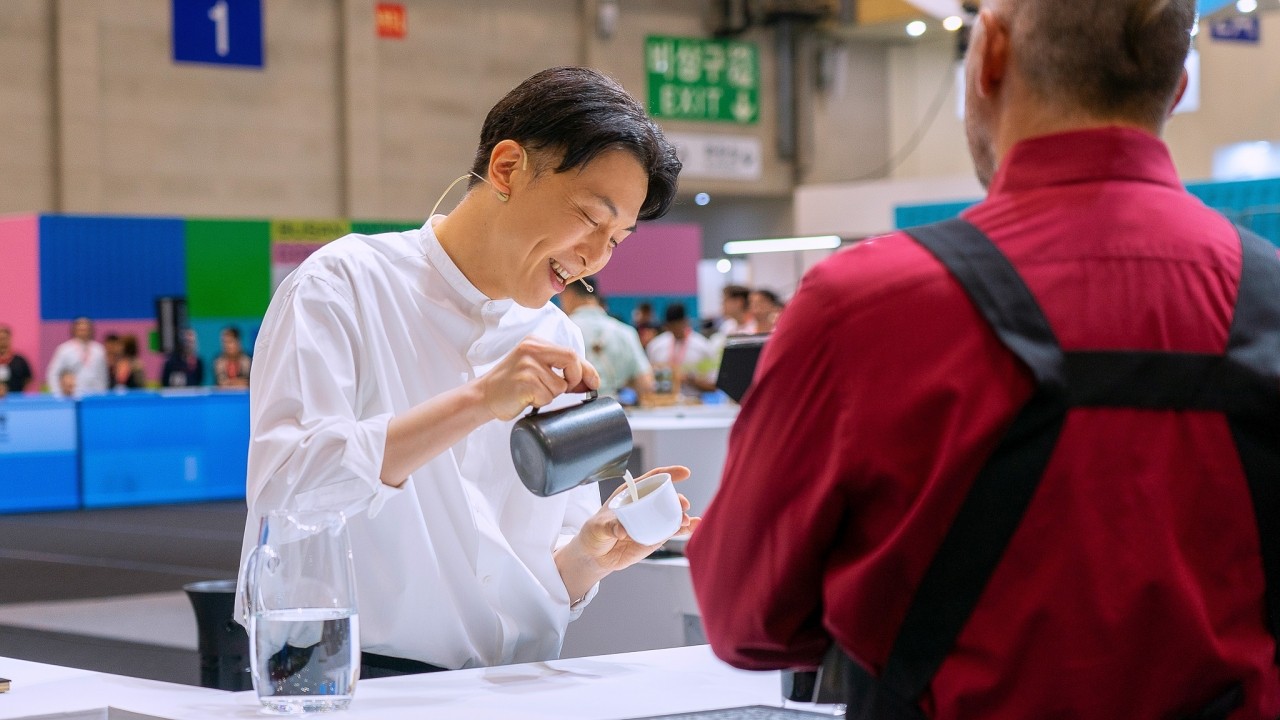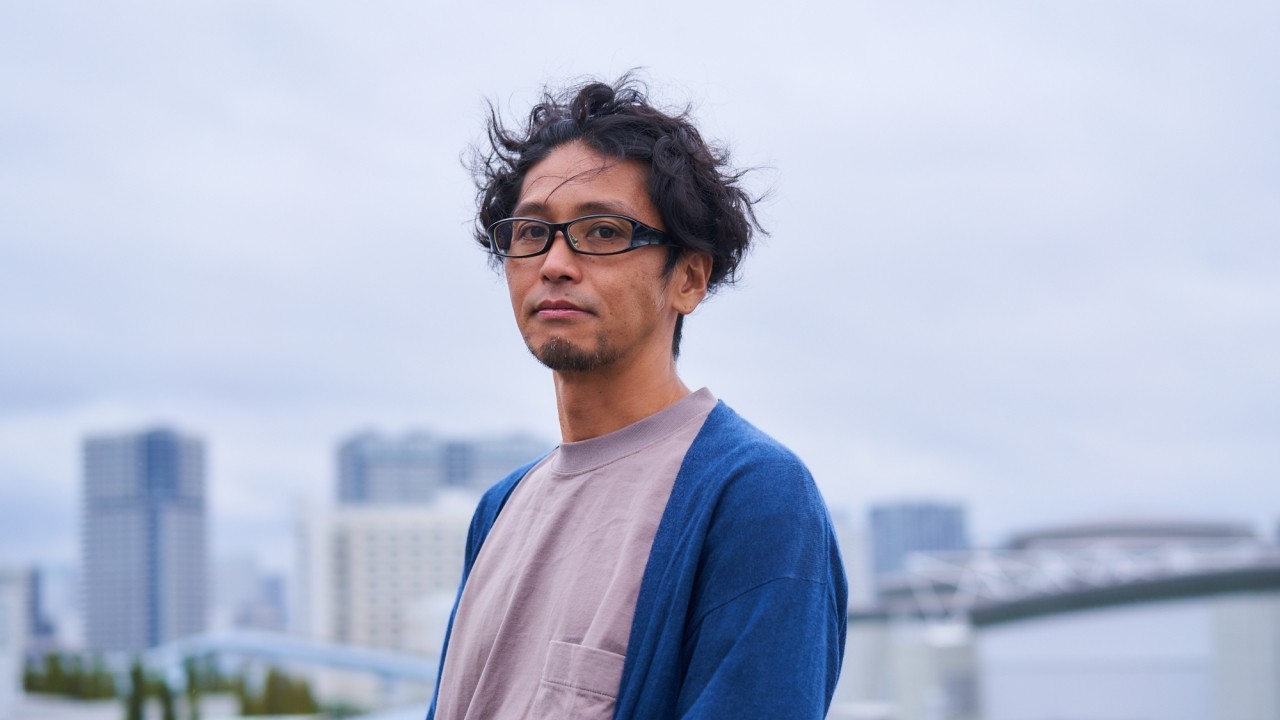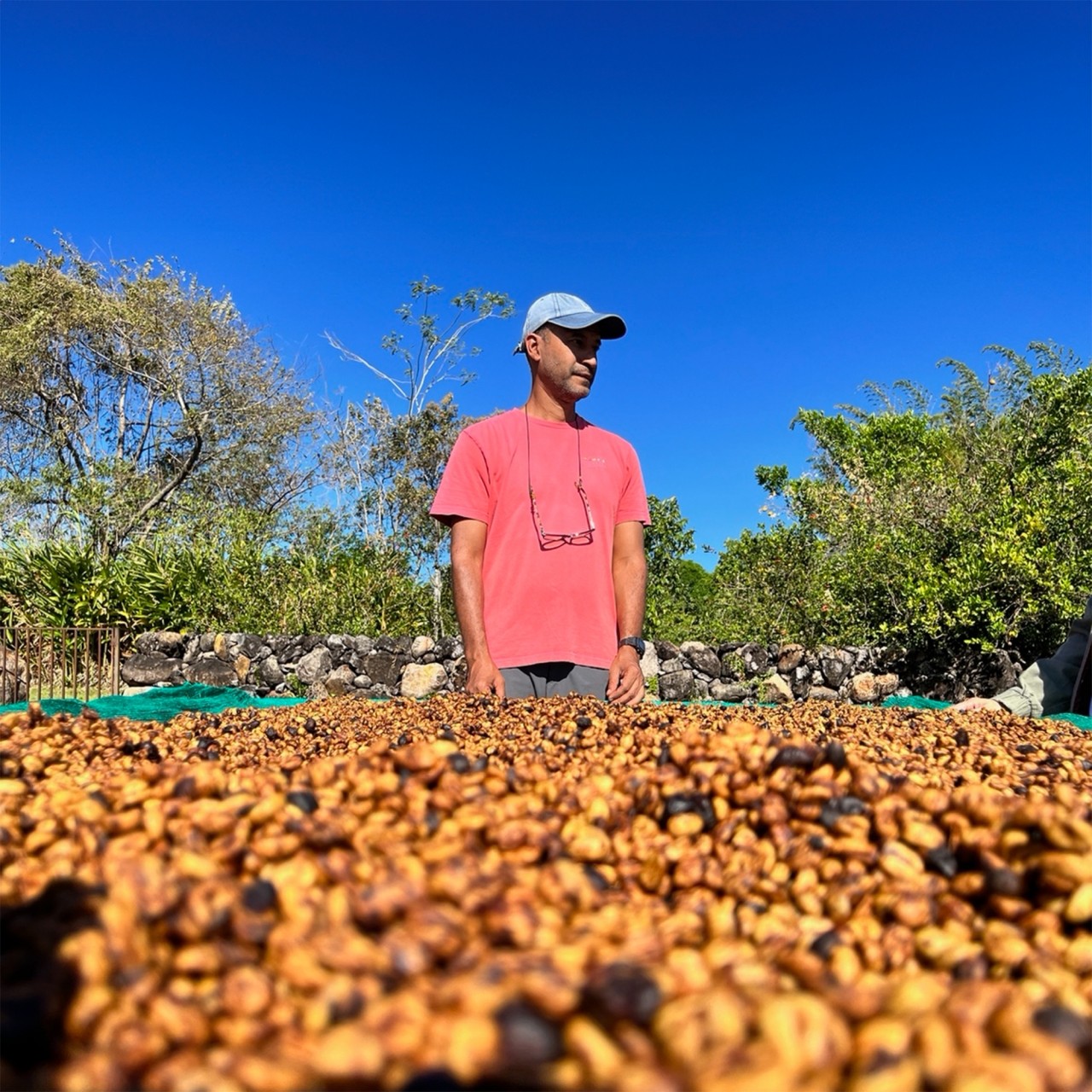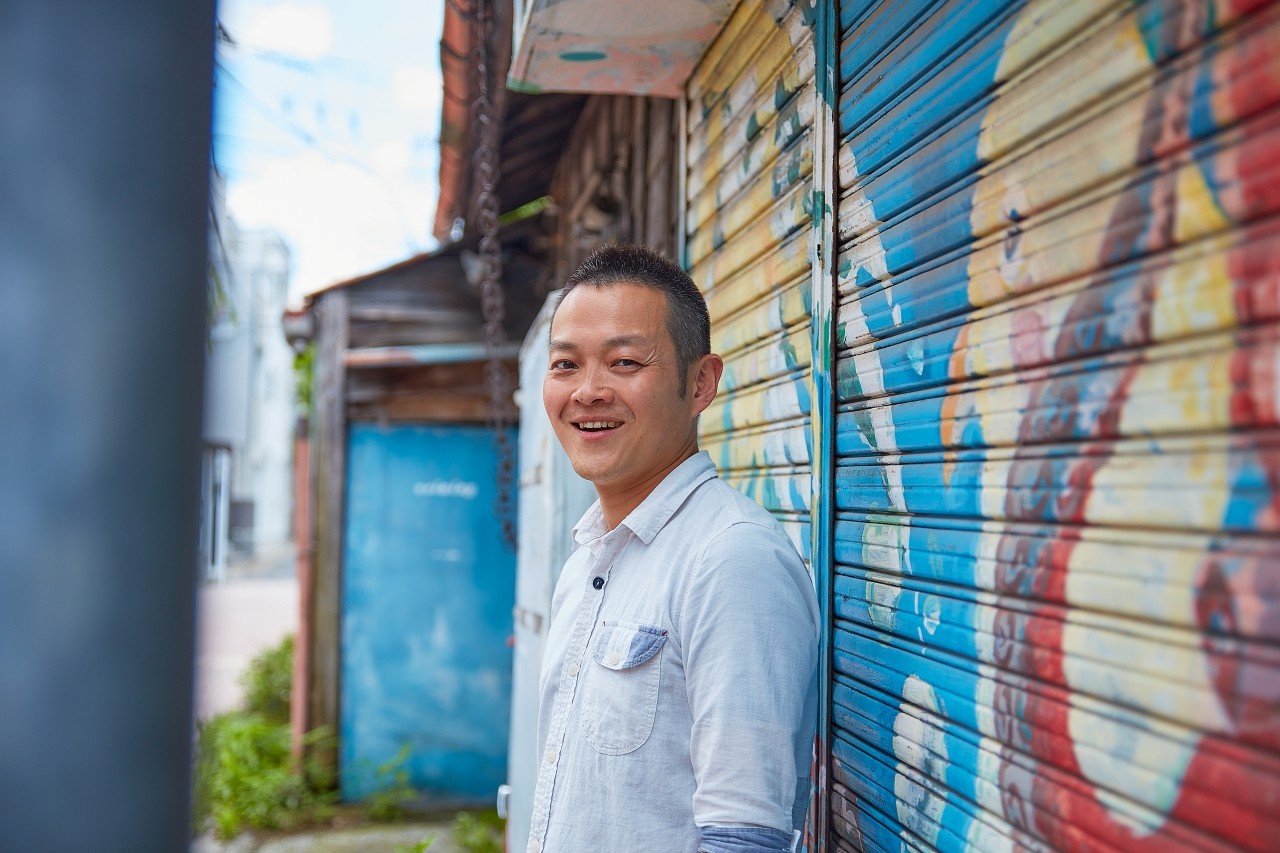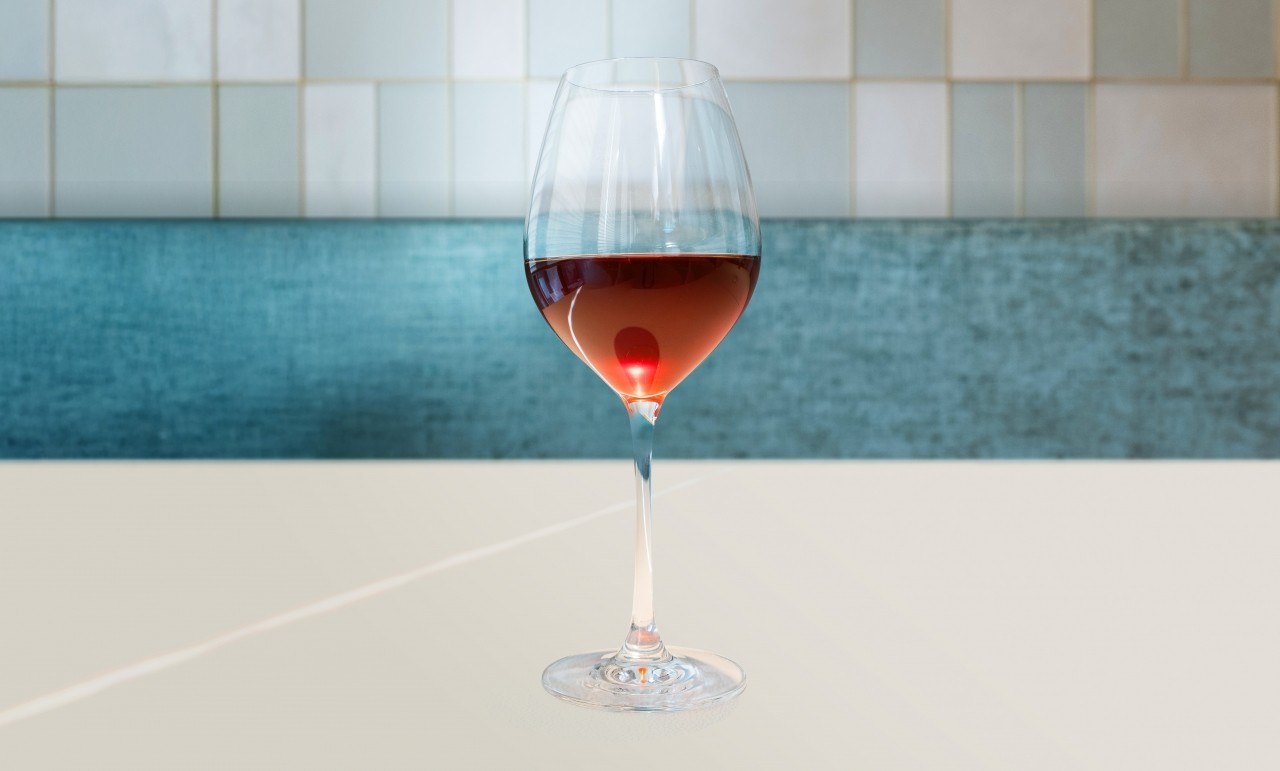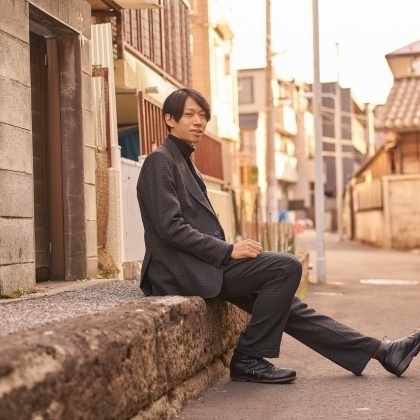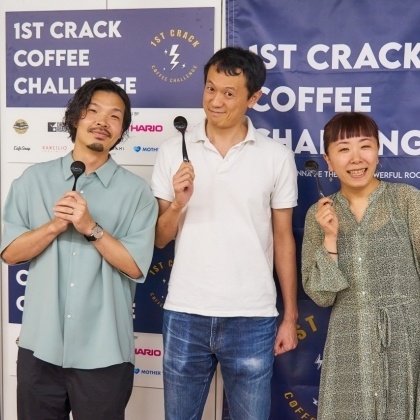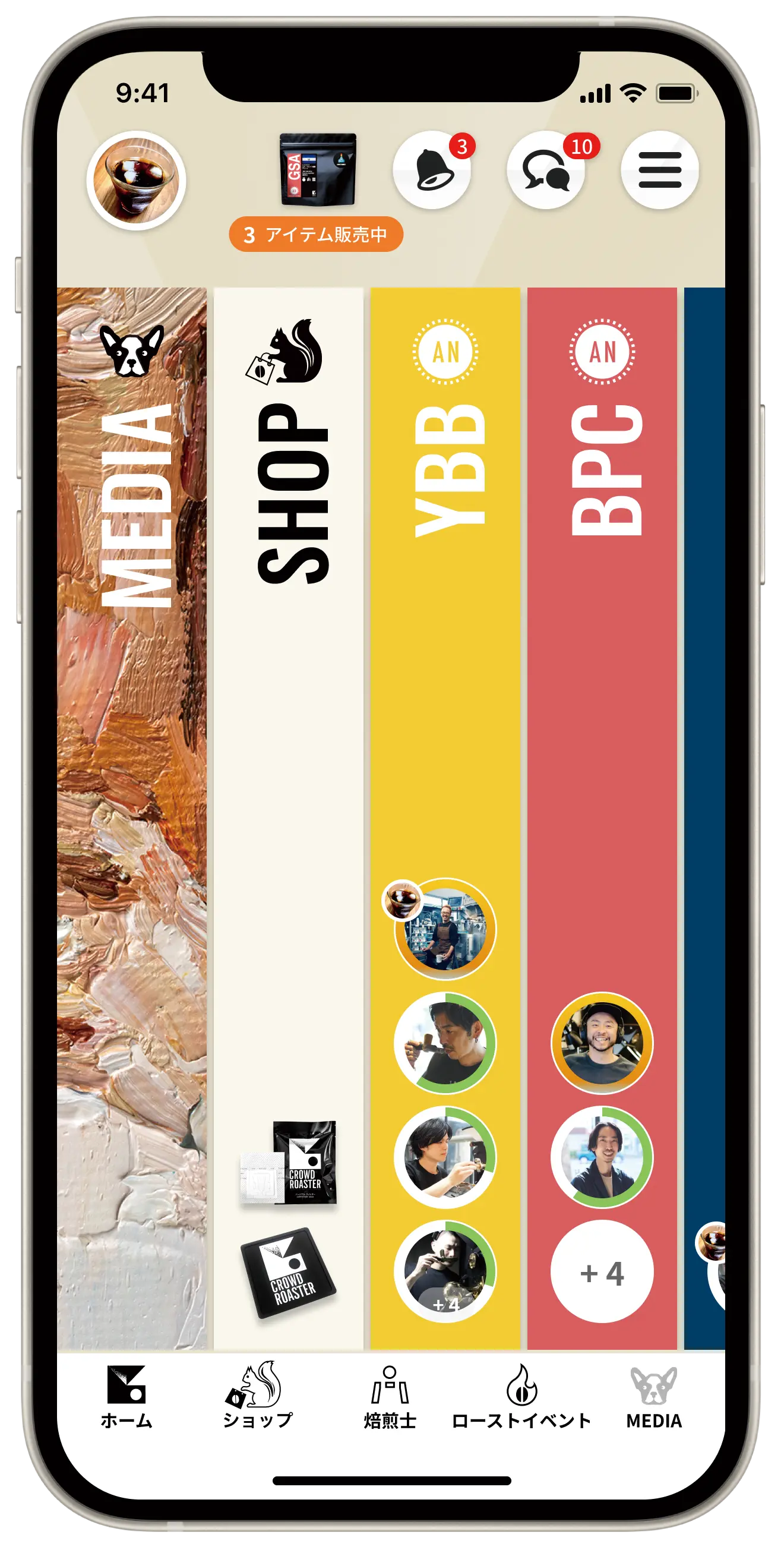"I want to increase the number of people who are addicted to coffee" Interview with roaster Koike Tsukasa ( COFFEE VALLEY )
COFFEE VALLEY opened in 2014 as the first specialty coffee shop in the Ikebukuro area of Tokyo, and is celebrating its 10th anniversary this year. In addition to carefully selected specialty coffee and food, the store is always proposing new ways to enjoy coffee, such as arranged drinks.
Owner barista Koike Tsukasa became a barista after being attracted to the coffee culture he encountered while Manabu in the UK. He has even won a prize at the Latte Art World Championships.
Tsukasa started roasting coffee a few years after opening COFFEE VALLEY . He says that he started doing so because he wanted to offer more diverse suggestions to customers while interacting with them, and because he had a clear idea of the flavor he wanted to create. Now, he roasts all of the coffee he serves in his shop in-house.
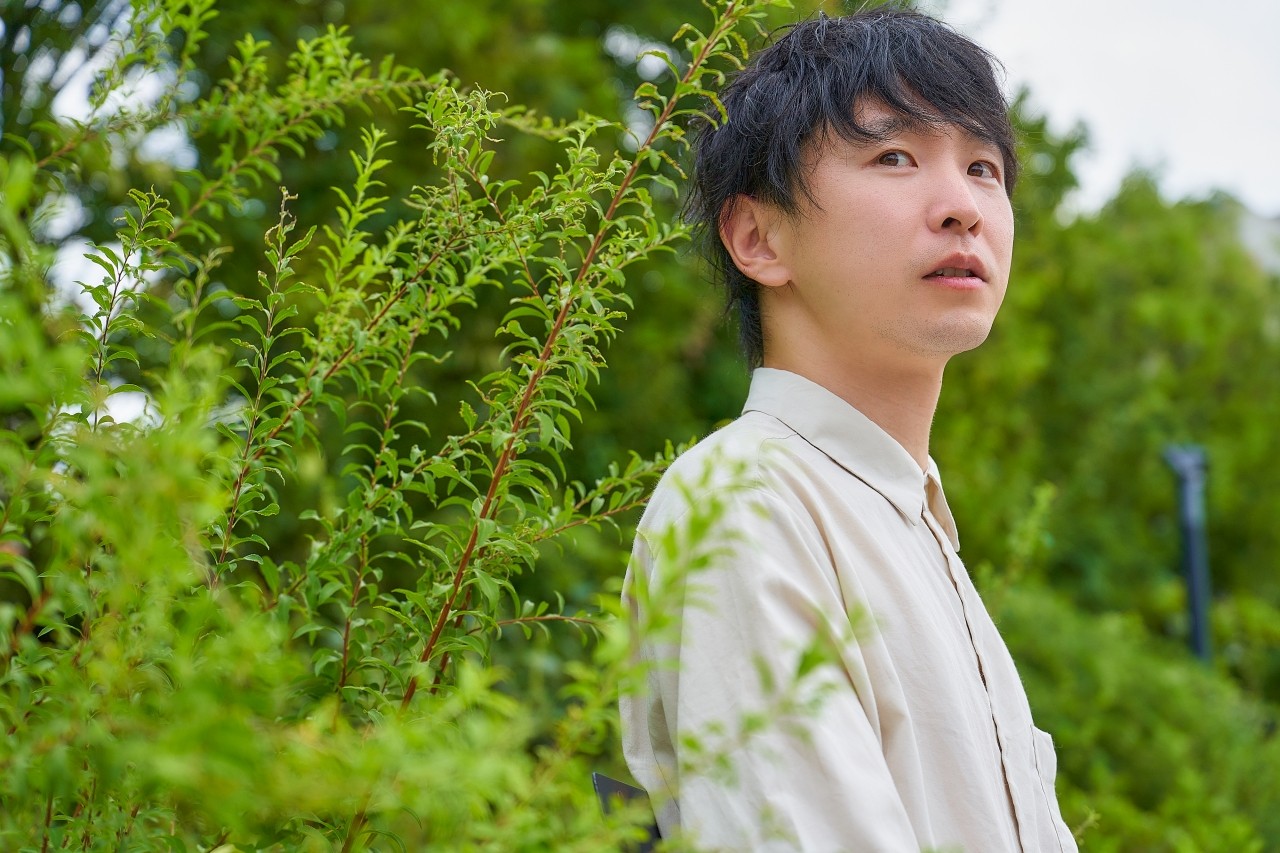
The London espresso that changed my life
--I heard you first came into contact with coffee in England. Tell us about that encounter.
Tsukasa : After graduating from Manabu University, I went to the UK on a working holiday visa and ended up working in a cafe. I had to serve espresso, so I went to train at Monmouth Coffee, a famous cafe there. They serve specialty coffee, and the first espresso I had was really delicious. The training was only for a few hours, but it was interesting, and that's what got me interested in coffee.
What got me hooked was that I found latte art interesting. I couldn't drink coffee at first, but latte art is visually conveyed and easy to understand.
--So you weren't drinking coffee.
Tsukasa : That's right. I was interested in making coffee and latte art, so that's what got me started. I just kept making and making and making.
I was working at Manabu in Germany, but after I came back to Tokyo, I happened to work at a store with some famous latte art people, so I participated in competitions. I was mainly working on latte art, but we also went around to other coffee shops together.
--You've won latte art competitions overseas, but when did you start to become seriously interested in specialty coffee?
Tsukasa : It was when I opened COFFEE VALLEY . I was thinking about what kind of shop I wanted to open, and I wanted to have latte art, but also a variety of coffees. It was 10 years ago, right around the end of the third wave. That's when I first thought about selling a variety of coffee beans. When I was in the UK, I didn't really see much of a distinction between specialty and regular coffee. I knew it was popular, and the third wave was in the air.
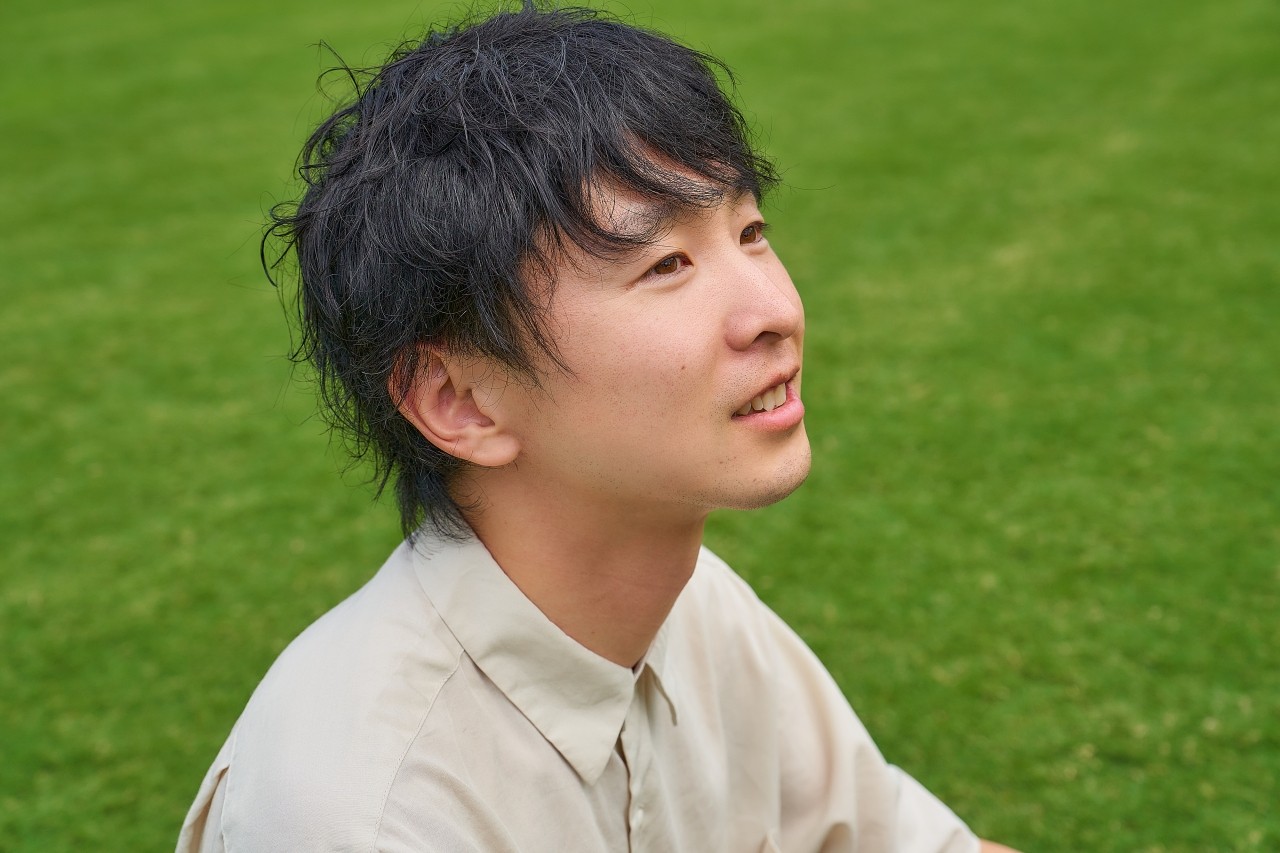
Changes in Ikebukuro, the land of independence, felt after 10 years
──You mentioned shops, but did you always have the desire to open your own shop from the beginning?
Tsukasa : Not really. I just had support from a lot of people and ended up where I was. I think it was luck.
--Ikebukuro is a place where there are very few cafes where you can drink specialty coffee. Were you hesitant to open a store there?
Tsukasa : We advertised ourselves as the first specialty coffee shop in Ikebukuro. I thought there must have been a reason why there wasn't one, but I guess I was young at the time, so I just went for it. Looking back, it was really scary (laughs).
--That 's true (laughs). It's been 10 years since you opened in Ikebukuro. Has anything changed?
Tsukasa : I think it's become more popular than before. At first, we only offered dark roasts, but now many customers want light roasts, and more people are buying our beans. In the past, the coffee lineup was much smaller than it is now, and it was clear whether something sold or not. Even now, dark roasts are more prevalent in wholesale, but light roasts are becoming more and more well-known, and I think more customers are looking for them. The number of coffee shops has also increased.
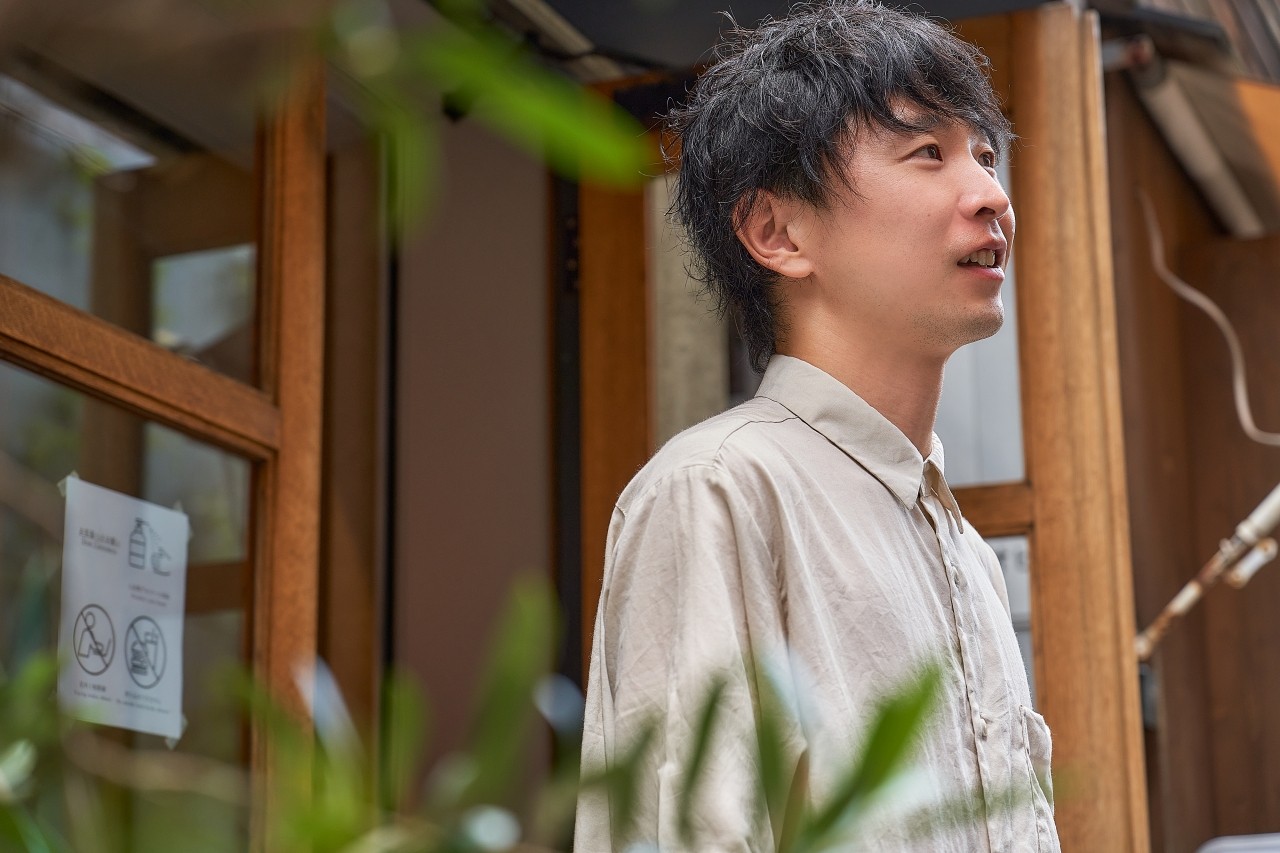
-- I think that's partly due to changes in the market as a whole, but I also think it's due to the accumulation of what you've done at your store over the past 10 years. When you started your store, did you have any thoughts like, "I want this store to be like this," or "I want it to have a certain presence in Ikebukuro?"
Tsukasa : The biggest thing is that I want to make a shop that is rooted in Ikebukuro. Ikebukuro is a place where all kinds of people come. At first, I thought there would be a lot of office workers, but it's not just that, there are a lot of people who live there too. If you go a little further from the station, it's a residential area. I got the impression that there were more people of all ages and genders than I expected, so I thought I'd broaden my horizons and offer coffee from places like that.
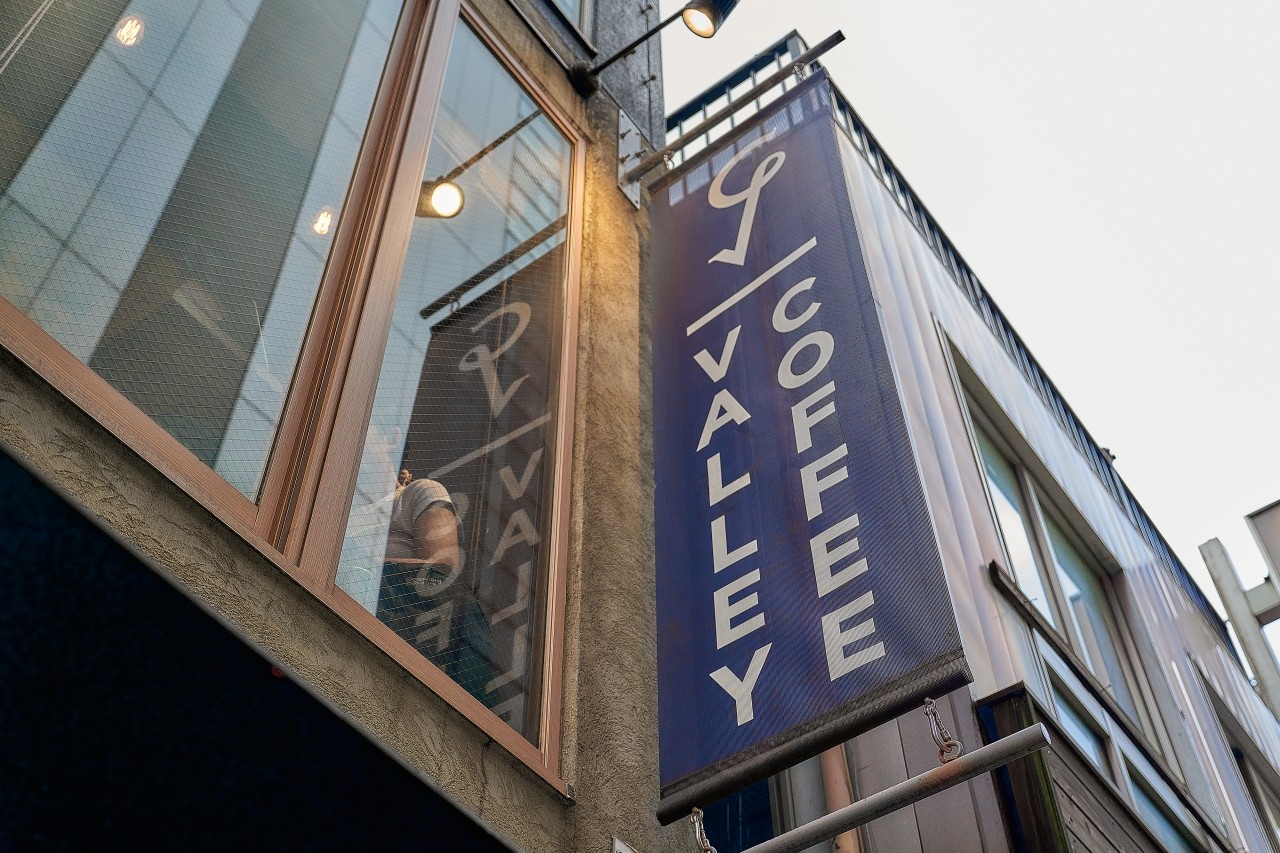
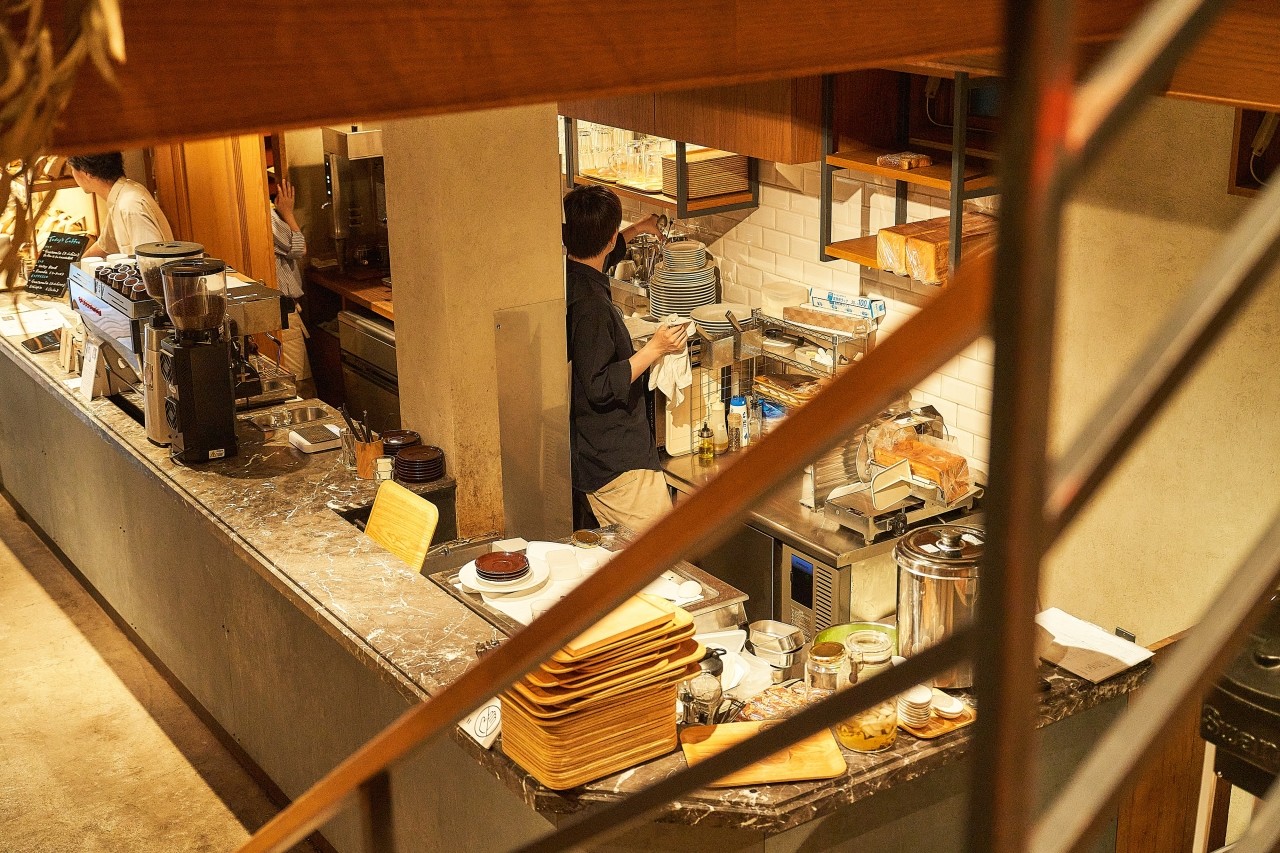
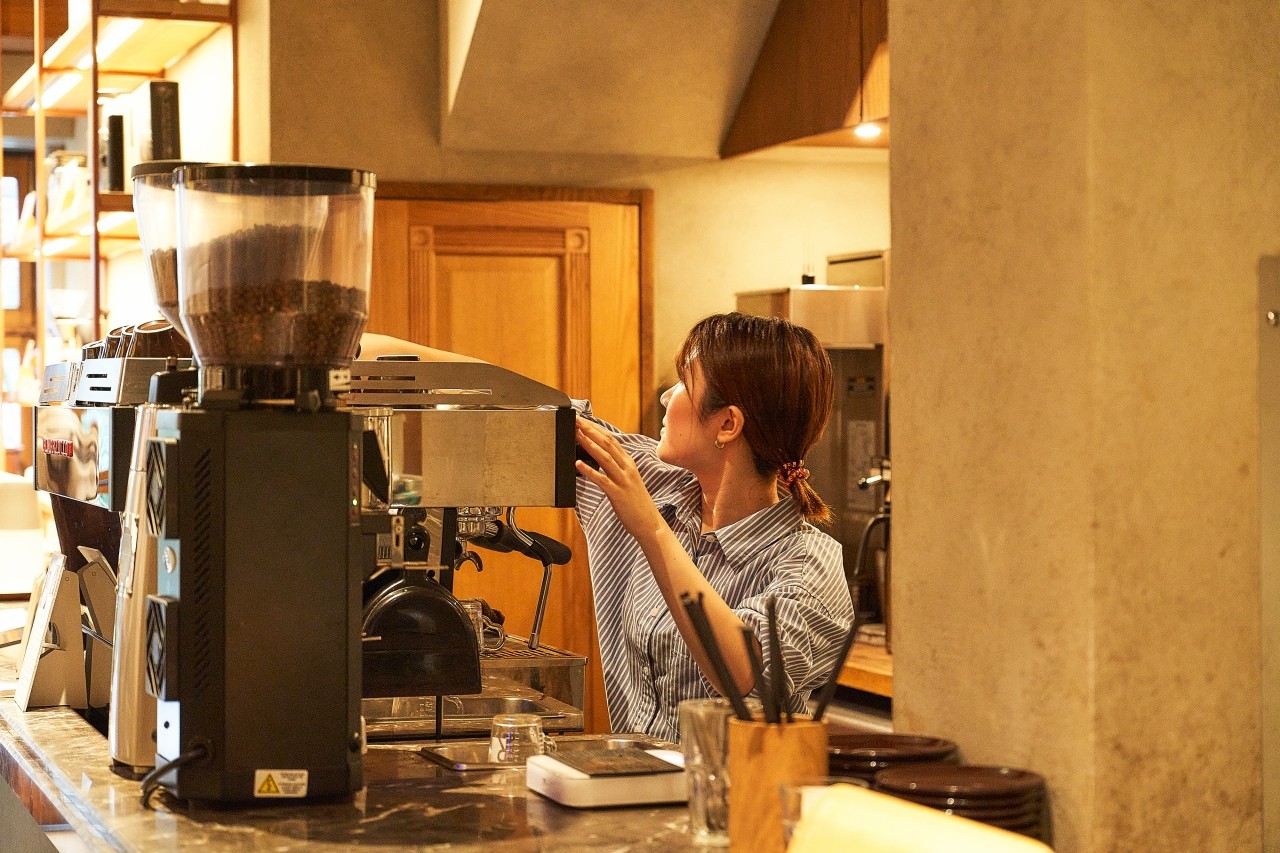
A place where you can simply enjoy coffee
── The information on the bags of coffee beans sold at COFFEE VALLEY seems simple. Do customers usually decide on their bean purchases after talking to the store directly?
Tsukasa : Yes, I'm conscious of not making it too difficult. I don't think it's right to make coffee too difficult and make it something only for connoisseurs, so I think we need to make an effort to simplify it so that people can enjoy coffee more casually. That's part of the nature of the place, too.
--So you're aiming to be a store that can be a gateway for people to get into the world of coffee. Was Tsukasa -san motivated from the beginning to spread the word about coffee?
Tsukasa : At first, I wasn't really thinking about spreading the word. I just wanted to convey that coffee is interesting. I couldn't drink coffee before, but when I went to England, I was able to drink light roast coffee, and I wanted to share the excitement I felt when I first tried non-bitter coffee with everyone.
However, right now I feel like I want everyone to drink a little more coffee.
The reason is that I feel a strong sense of crisis that people are starting to stop drinking coffee, especially young people.
From my own experience, I have the impression that the number of people drinking coffee is decreasing. I hear the same thing from people around me, and it's just my own sense of crisis, but... I really hope that I can broaden the base, or at least be involved in activities like that.
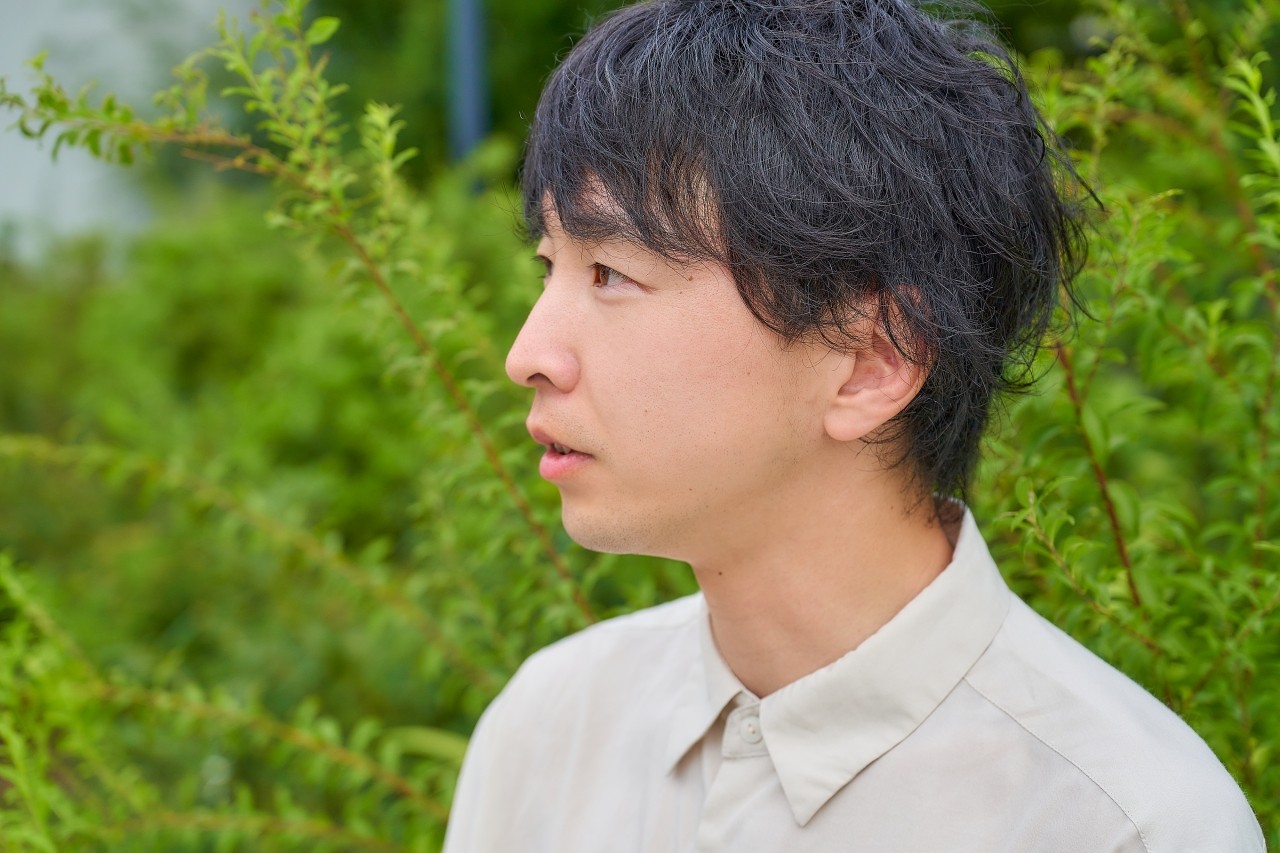
--You seem to have the impression that the number of young people in particular is decreasing, but there are many Manabu students around here, aren't there?
Tsukasa : We do have some customers, but I feel like there aren't as many people who are into coffee as there used to be. There used to be more people who loved coffee and were addicted to it, but I think the absolute number is decreasing now. So I'd like to create various opportunities.
──In that sense too, I would like COFFEE VALLEY to be the gateway for people to enter.
Tsukasa : That's right. I still don't drink a lot of coffee, but I think it's interesting and I hope people get hooked on it.
--So Tsukasa is based on your own experiences. Are you the type of person who easily gets hooked on things?
Tsukasa : No, but I'm the type of person who, once I get into something, I'll do it. I've been into golf lately, and I was surprised because I've never been so into anything other than coffee (laughs). I tend to do things that I find fun.
──So in that sense, roasting is interesting too?
Tsukasa : That's right. In the end, it's the same with making coffee, but what's interesting is that no matter how many times you try, you can't get it exactly the same. With latte art, at first, you don't know why you can't do it, and it's really fun not knowing what to do.
There are still many things I don't understand about brewing and roasting, but it's fun to think about why. Espresso is different every day, and it's delicate, and that's fun. I think I'm hitting the ball with the same form in golf, but for some reason it's different (laughs). That's interesting.
──It looks like I'll be hooked on this for a while (laughs).
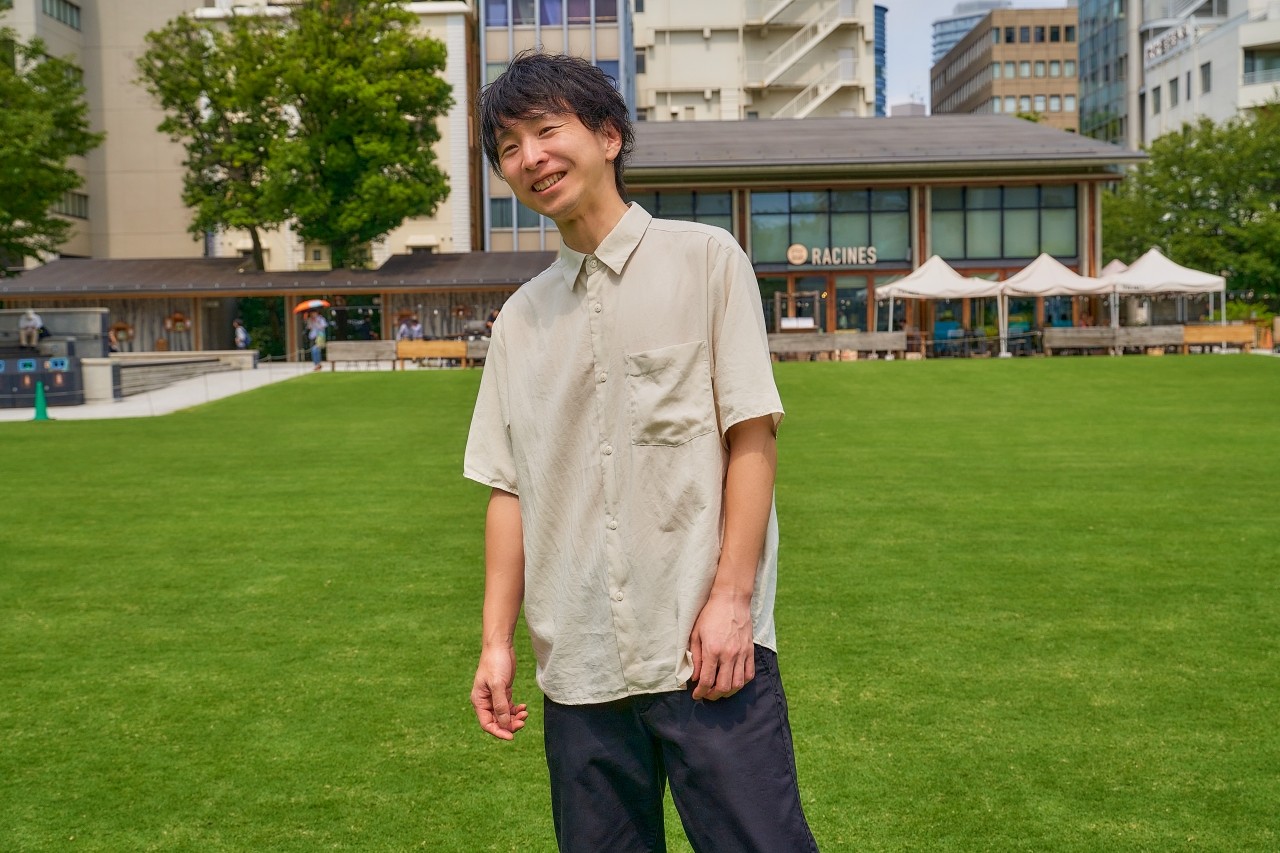
We started roasting because we wanted to offer more to our customers.
--I'd like to ask you a bit more about roasting. I understand that you didn't roast your own coffee for a few years after opening, but was there a specific time or trigger that made you decide to start roasting?
Tsukasa -san: I started to have a clear idea of my own taste, or the taste I wanted to bring out in each place. The beans I had roasted were delicious, but I started to feel like I wanted to make them a little better. When that happened, I thought the only option was to roast them myself.
--So that was based on your customers, in other words, you already had a store, and it was based on what you wanted to propose to your customers?
Tsukasa : Yes. We often think about it from the customer's perspective. Of course, there is the taste we want to put out, but if the customer doesn't accept it, there's nothing we can do. We try to find a good balance in that respect.
--That might be a little different from shops that started out roasting their own coffee from the beginning. Did you have a roasting mentor?
Tsukasa -san: I had a lot of different people take a look at it. In the beginning, Shiba-san from "OBSCURA COFFEE ROASTERS," who supplied us with our beans, took a look at it, and Uchida-san from "Crea-ru" in Shizuoka, who is the chairman of Roast Masters, came to see us through our connection.
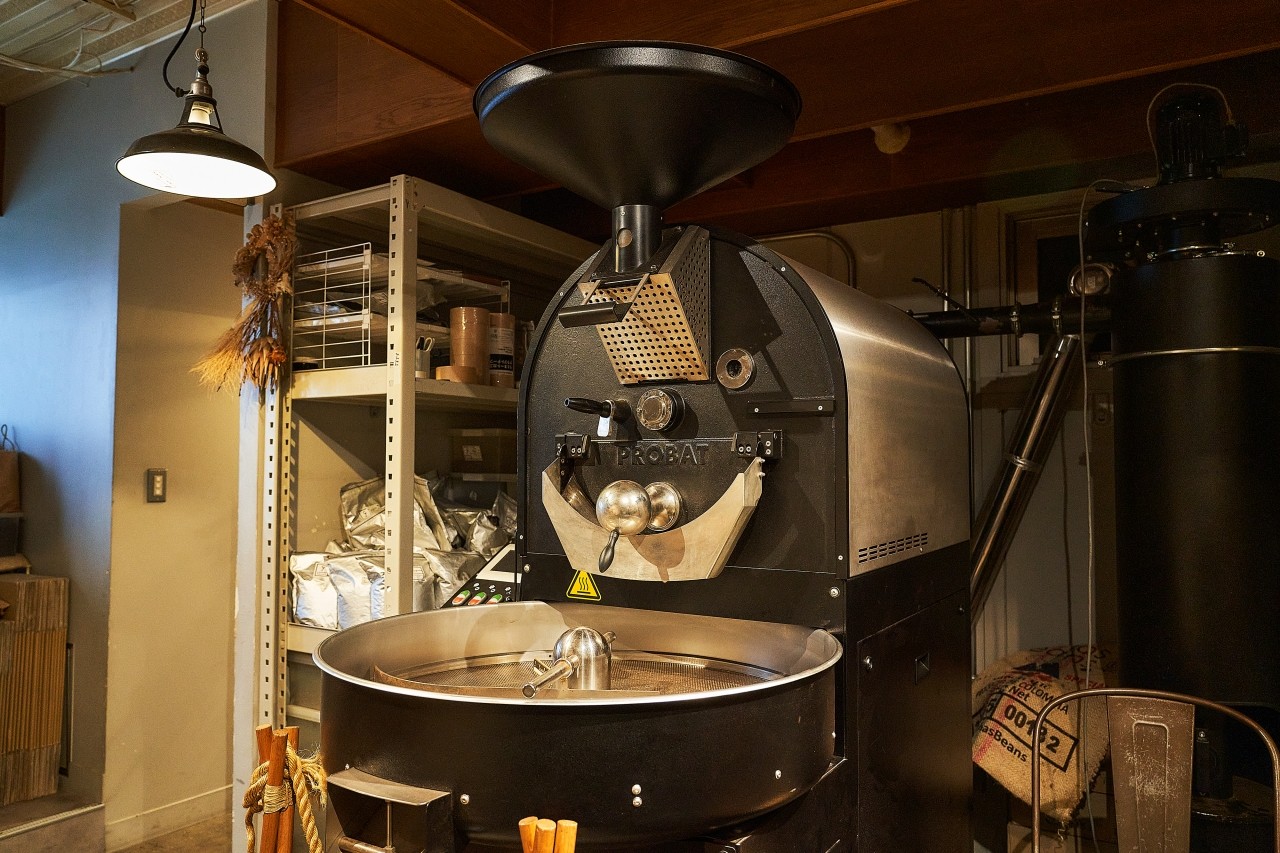
--I'd also like to ask about the roaster. What are the features and good points of the Probat you are using now?
Tsukasa : This is my second Probat. I started out using a small Giessen one, but 2kg wasn't enough, so I changed to a larger one. I put in 5-6kg per patch, sometimes even 8kg. Of course it depends on the roaster, but honestly, I think I can roast coffee well with almost any roaster these days. But what I like about the Probat is that it gives a sweet impression. Of course it has flavor, but I feel like it has a really deep sweetness to it.
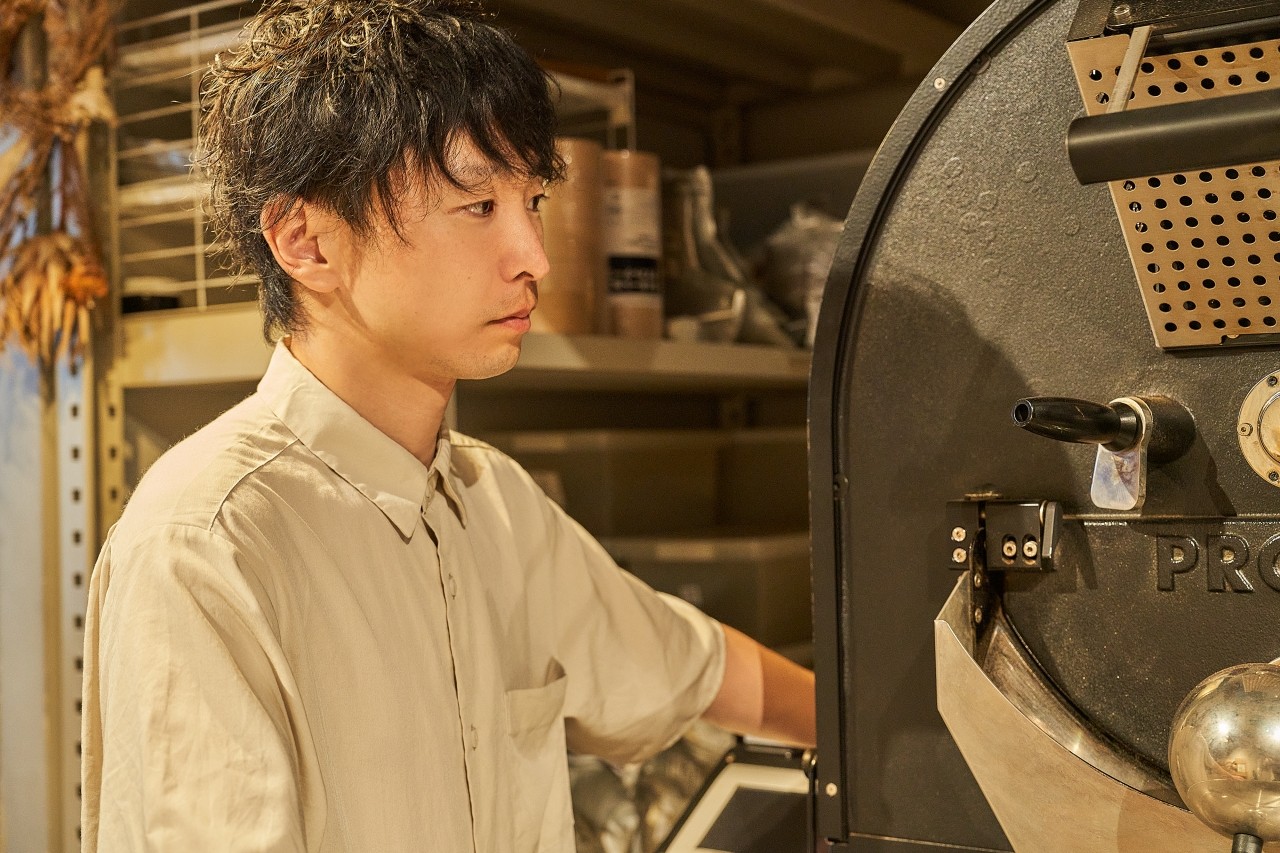
--Is there anything you pay attention to when roasting?
Tsukasa : We were very conscious of the balance, making sure the coffee was not too sour or too bitter. Even though light roasts were very popular, we had to carefully choose the right level of flavor.
--So there's no need to stick to light roasts.
Tsukasa : We did that as well, so I don't deny it, but I didn't think it was the base, and I didn't like the feeling that only the acidity was strong, so I was conscious of the balance between sweetness and acidity. There is a flavor that we want to ultimately bring out, and roasting is based on that. So I'm very conscious of not making it too light.
-- In terms of roast level, would it be considered a medium roast?
Tsukasa : Yes. We often serve espresso-based drinks, so we don't think of them as drip-based. That's why they may be a little on the deep side.
--I get the feeling that many specialty coffee shops in Japan specialize in hand-dripping, but your place is a little different from those.
Tsukasa : In a sense, we are conscious of positioning ourselves somewhere between a cafe chain and an independently owned specialty coffee shop.
──Your shop also offers a menu called "3PEAKS," which shows your commitment to espresso. There aren't many sets that include espresso like this, are there?
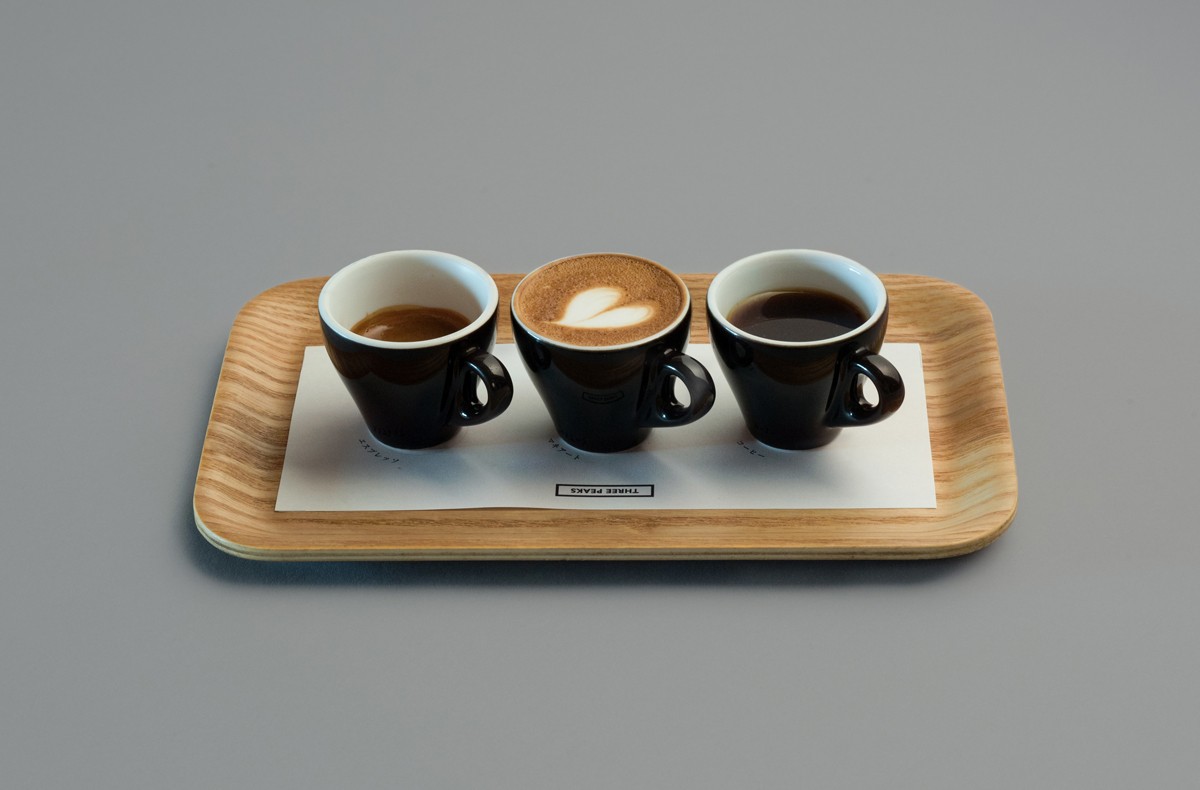
▲3PEAKS uses the same beans and has a set that allows you to compare different extraction methods: espresso, espresso macchiato, and drip coffee.
Tsukasa : There are a lot of people who don't like espresso or can't drink it, but I'd like to start from that level, so that even more people can learn about it.
Some people order this set without knowing what espresso is, just based on its appearance, and find it bitter, but I think it's good that they've learned about it anyway. There are many people in Ikebukuro who don't know much about coffee, so I'm happy if this can be a catalyst for them.
──This also leads to opportunities.
Tsukasa : In the end, "3PEAKS" is just a set of triggers. If people think it's delicious, they can drink it with various beans, and if they find that drip coffee tastes better than espresso, they can drink it that way. I think it's a trigger for thinking about what to do from there.
A gradually expanding lineup of coffee beans
--You roast a wide variety of beans at your shop, but how big is the usual lineup?
Tsukasa : Maybe 12 or 13. We started with about six types and now we have double that, but I have a desire to have the largest lineup around here.
--That 's partly because more people are buying coffee beans.
Tsukasa : Of course. The number is increasing, so it's possible. But I'd like to see more.
──Are there any production regions that you place emphasis on when selecting your lineup?
Tsukasa : In the end, if I choose it myself, the taste will all be similar and I will be biased, so I have started asking various people for their opinions.
But if I had to choose, there are a lot of Colombian coffees. There are farms there that I've been to and have a special attachment to. Also, Colombia is big, and there are many different flavors from the north to the south, so we use a lot of them.
Other than that, I don't have any particular preferences. I like to have a good balance. If anything, I try to vary the roasting levels. I try to avoid overlapping as much as possible.
--You have a chart in your store that lets you see the roast level and flavor direction at a glance. With the number of options increasing, isn't it difficult to guide you?
Tsukasa : That's right (laughs). It's fun, but customers can't decide what to buy. But we have a lot of regulars, so some people buy this all the time, and some people buy that all the time, and some people want to try different things, so I think it's interesting for those people.
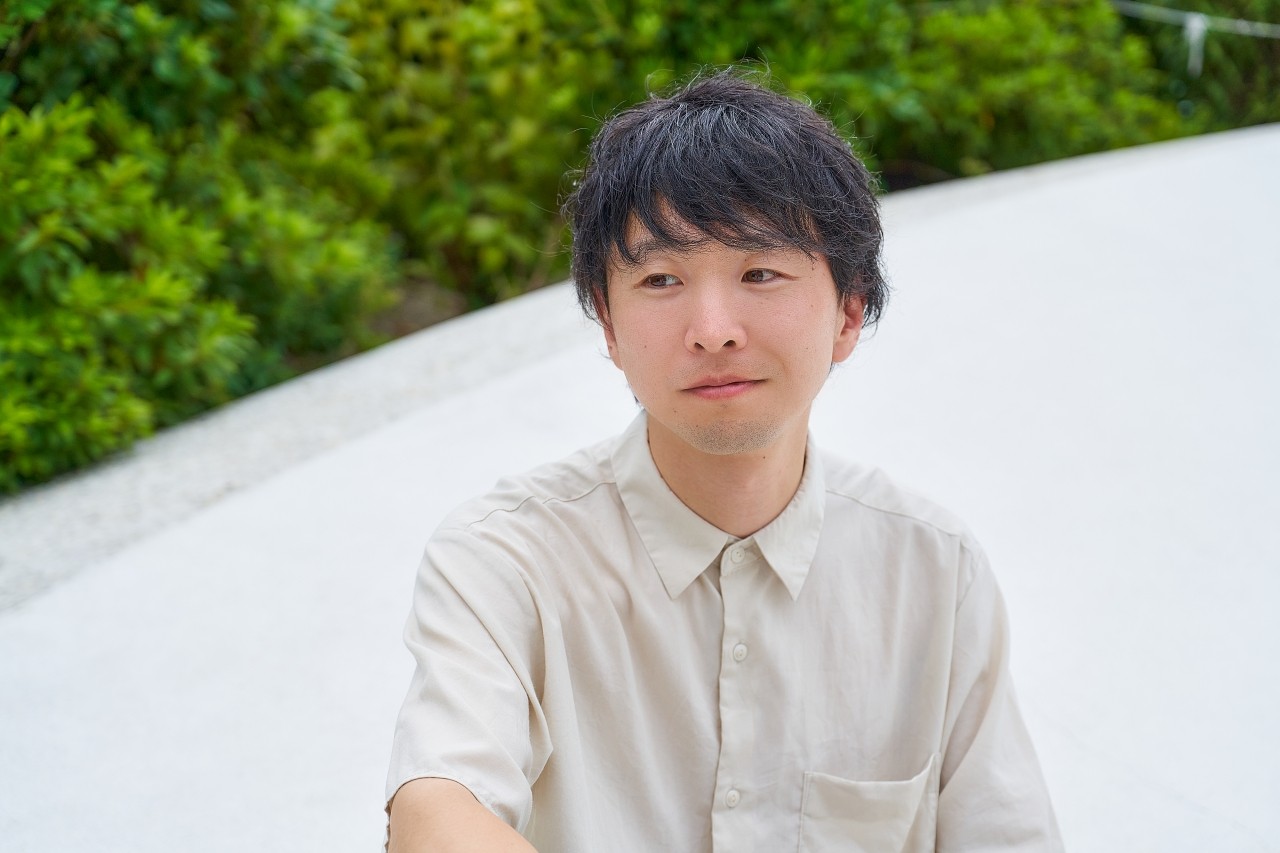
My thoughts after participating in CROWD ROASTER for three years
── Tsukasa has been participating in CROWD ROASTER since 2021 and has been hosting roast events. What are your impressions?
Tsukasa : I still feel the same way, but back then there wasn't anything like CROWD ROASTER , and I thought it was interesting. I think it would be great if there was a platform like that.
──Is there anything you would like to do with CROWD ROASTER in the future?
Tsukasa : I think it would be interesting to hold an event with CROWD ROASTER that is not online, but can be held in person. It would be interesting to have casual customers like us come into contact with CROWD ROASTER 's customers who have core information. I think it would be good to have people who get hooked from there go to the platform and buy from us.
--For people who are addicted to coffee, there's also CROWD ROASTER as an option.
Tsukasa : I think it would be fun to think about how online and offline can interact.
Guest barista event with Ishitani
-- Speaking of events, you'll be hosting an event at your shop with Japanese Barista Champion Ishitani Takayuki as the guest barista.
Tsukasa : As I said earlier, I personally feel that young people don't drink coffee. I think it would be better to create more opportunities for them to drink coffee. I think this could be done with various kinds of coffee-infused drinks.
This time, I'm going to have Ishitani-san make a signature drink for the event. Of course, we'll have an espresso and cappuccino set, but Ishitani-san always serves those, so I'm going to have him make a signature drink that can only be drunk here, and serve it for the first time. I'm really looking forward to it.
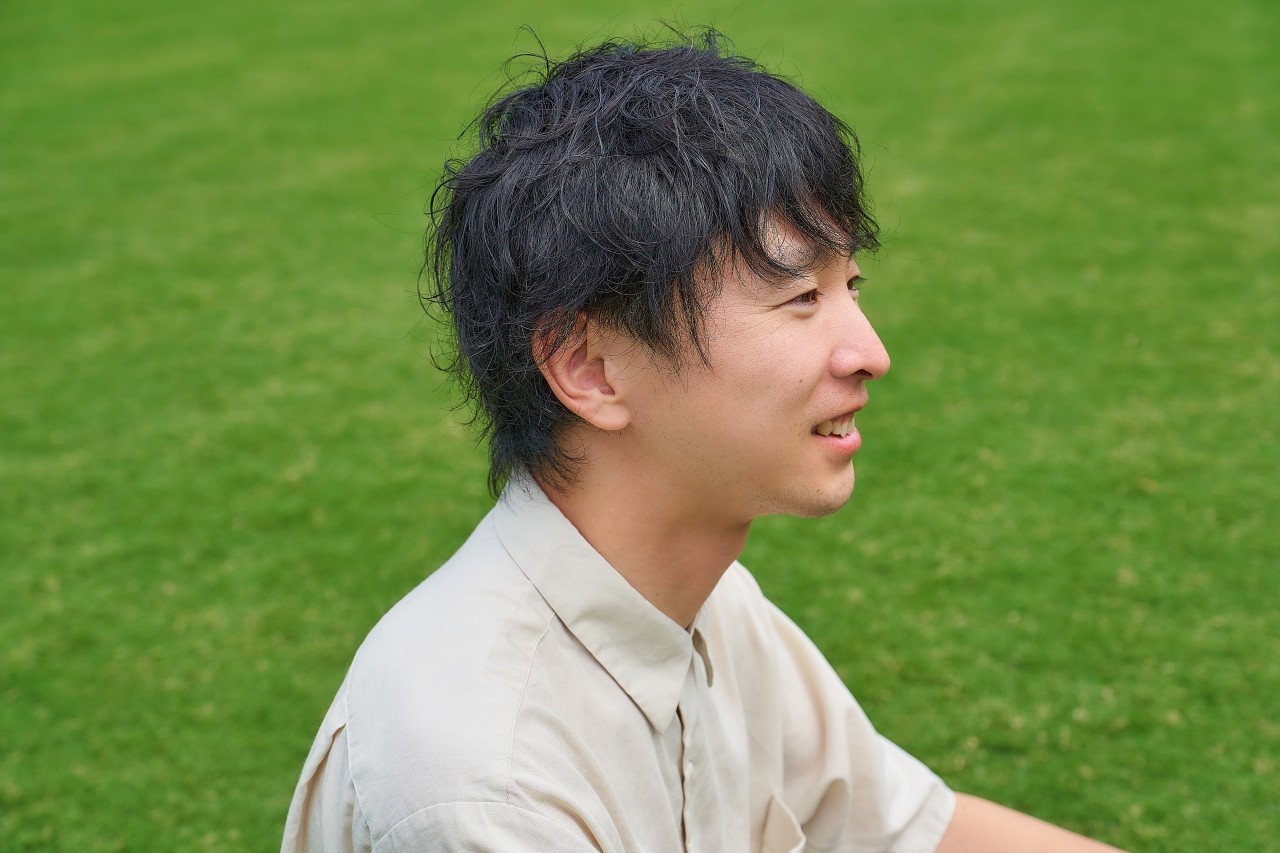
--That sounds great, I'd love to try it!
Tsukasa : It sounds interesting. I'm curious to see what they'll serve, and I want to learn how they make it. When I think about how to expand the base, I think it would be good to have a drink like that.
For us staff, it's fun to learn, and it's also motivating as part of the seminar. For customers, it's an opportunity to drink lattes and espressos that are popular around the world, right here in Ikebukuro, and there aren't many places where you can experience the arranged drinks made by these people, the signature drinks offered at "JBC" and other places, so I think it will be interesting for both those who know about it and those who don't.
──It 's an opportunity for people who don't usually have contact with Ishitani, such as those who are thinking of using a cafe in Ikebukuro, to get to know him. It's also a place to introduce how to enjoy coffee, so I hope many different people will come.
Tsukasa : I'd like hardcore fans to come, but I'd be happy if more casual fans came as well. I think it will be an event that can be enjoyed by all kinds of people.
──I'm looking forward to it! CROWD ROASTER will also be holding a roasting event for the special coffee beans that will be used at Ishitani's event, and Tsukasa will be roasting them as well! If you're far away or can't make it on the day, please join us!
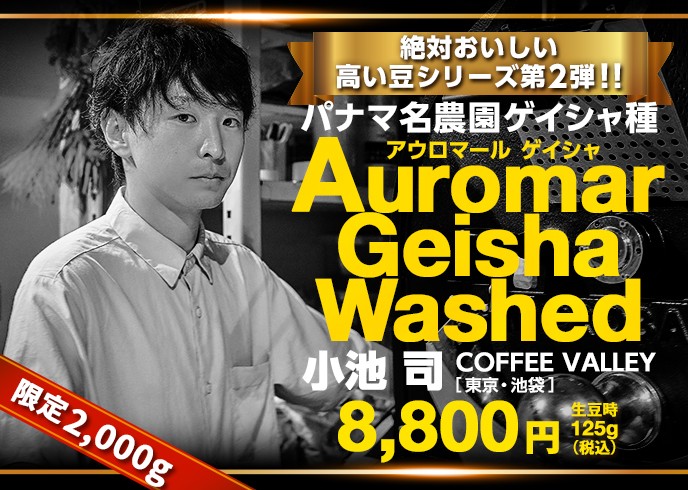
<Event details>
Barista Japan Champion Takayuki Ishitani Guest Barista Event
We will be welcoming guest barista Takayuki Ishitani, who has won the Japan Barista Championship three times in 2017, 2019, and 2023, as well as countless other awards, and who placed third in the World Barista Championship held in Korea in May 2024!
On the day, you can enjoy espresso and milk beverages, of course, but we will also be offering original signature drinks that can only be enjoyed on this day! This is a rare opportunity to experience world-class coffee, so please come and visit us with your friends!
Date and time: Friday, September 6, 2024, 15:00 - 19:00
Location: Ikebukuro COFFEE VALLEY
* Anyone can participate on the day without making a reservation. Please note that you will only be asked to wait if the event is fully booked.
* Mr. Ishitani will be serving at the counter at the back of the first floor. Seating is available from the first to third floors, but please note that you may have to wait in line if the restaurant is full, so please arrive early.
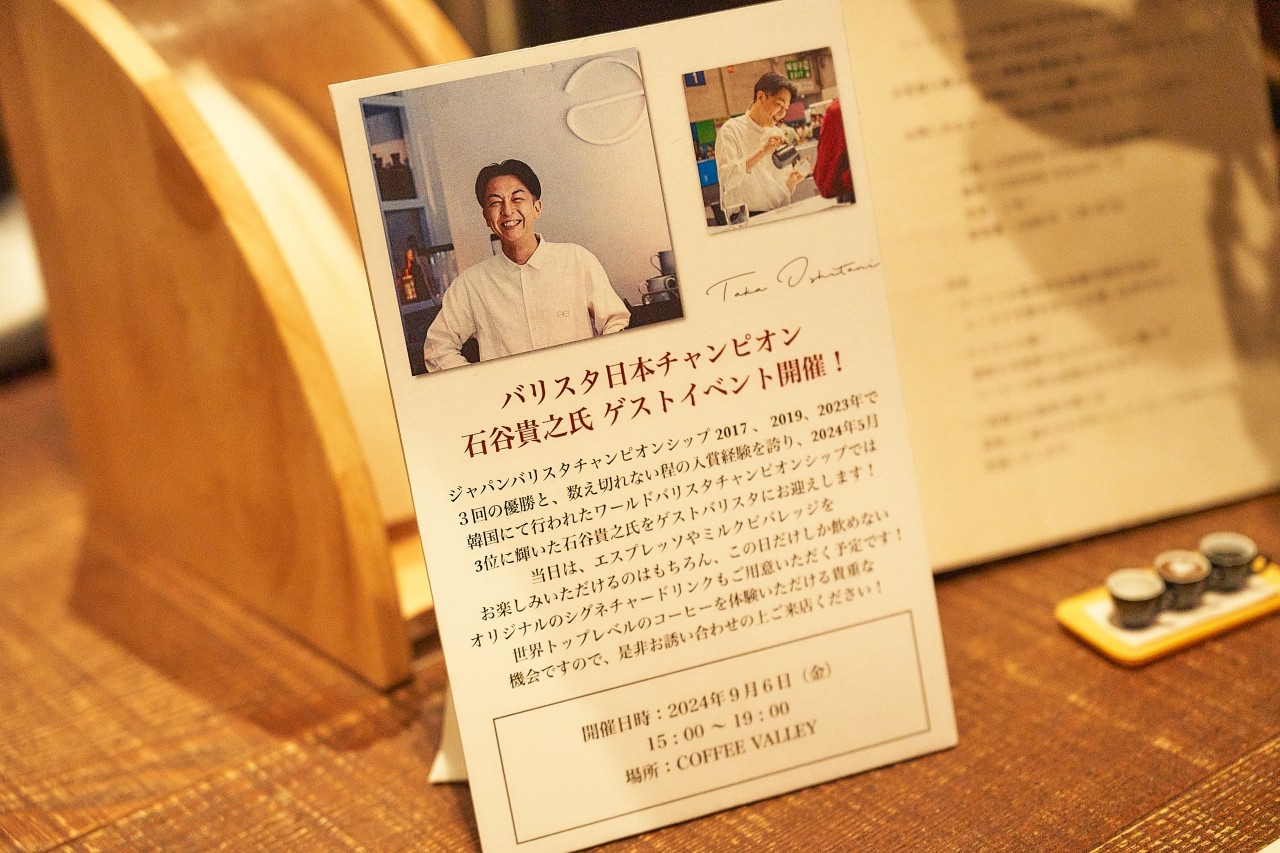
COFFEE VALLEY
2-26-3 Minami-Ikebukuro, Toshima-ku, Tokyo
Business hours: Weekdays 8:00-20:00, Saturdays, Sundays and holidays 9:00-20:00
*Business hours are subject to change.
If you want to enjoy coffee more deeply
" CROWD ROASTER APP"
Manabu at CROWD ROASTER LOUNGE
・Push notifications for article updates・Full of original articles exclusive to CROWD ROASTER
・Direct links to detailed information about green beans and roasters
App-only features
- Choose green beans and roasters to create and participate in roasting events・CROWD ROASTER SHOP: Everything from beans to equipment is readily available
・GPS-linked coffee map function
